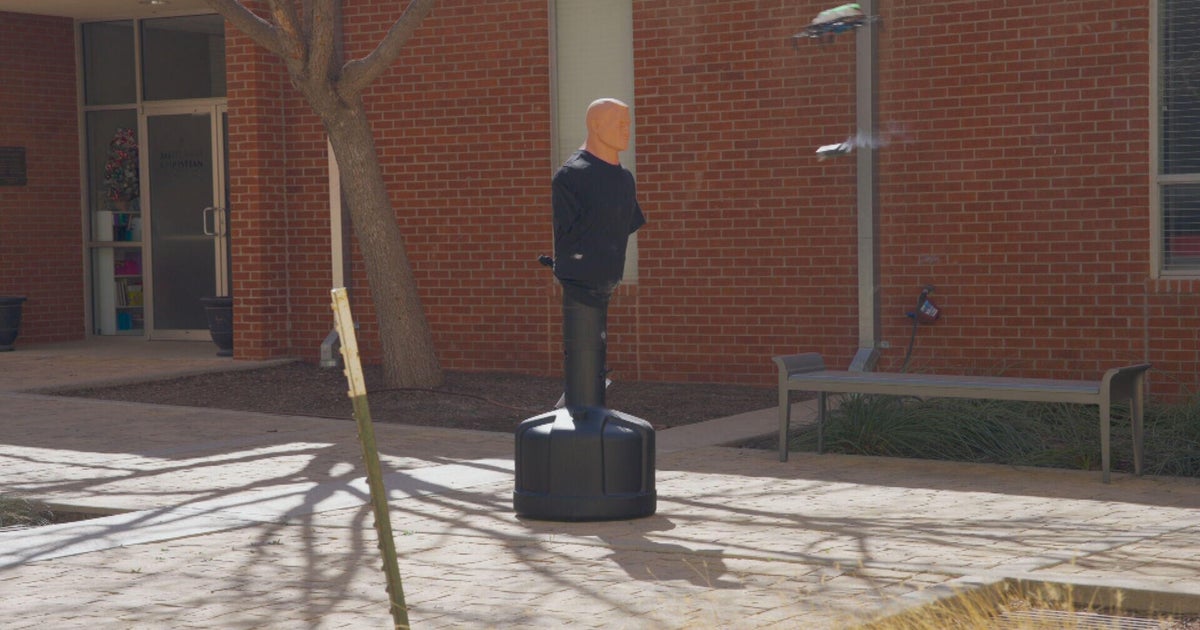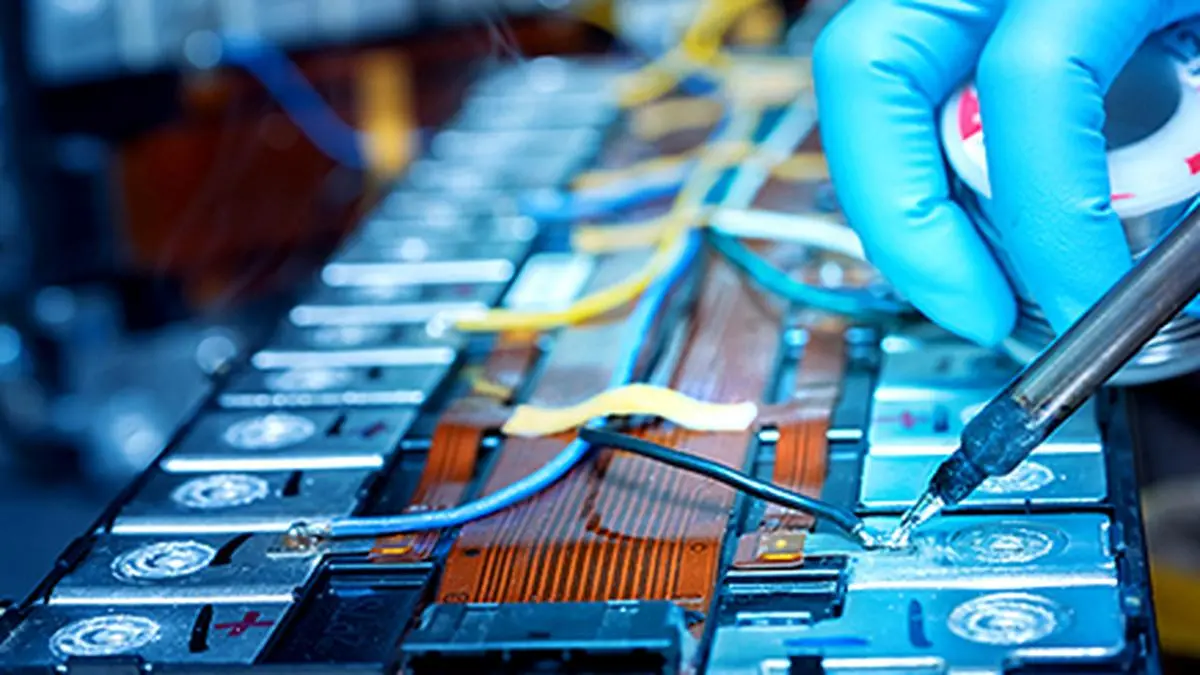Tech to the Rescue: How Smart Solutions Are Tackling Australia's Waste Crisis

As Australia's population continues to grow, so does the amount of waste we generate. Landfills are reaching capacity, and traditional waste management methods are struggling to keep up. The environmental impact of overflowing landfills – including greenhouse gas emissions and potential contamination – is a serious concern. Furthermore, the rising costs of waste disposal are putting pressure on local councils and, ultimately, ratepayers.
Imagine a fleet of autonomous trucks navigating our streets, efficiently collecting waste without the need for human drivers. While still in early stages, robotic trucks are becoming a reality. These vehicles use sensors and AI to optimise routes, avoid obstacles, and even compact waste more effectively. They also offer the potential to improve worker safety by taking on physically demanding tasks. The initial investment is significant, but the long-term benefits – reduced labour costs, improved efficiency, and enhanced safety – are compelling.
Smart bins are another key piece of the puzzle. Equipped with sensors, these bins monitor fill levels and transmit data to waste management authorities. This allows for optimised collection schedules, ensuring that bins are emptied only when needed, reducing unnecessary trips and fuel consumption. Some smart bins even have compaction capabilities, increasing their capacity and reducing the frequency of collections. The data collected from smart bins also provides valuable insights into waste generation patterns, helping councils to develop more targeted waste reduction strategies.
Recycling is often plagued by contamination, which reduces the quality of recycled materials and makes it harder to process them. AI-powered sorting systems are revolutionising the recycling process. These systems use cameras and machine learning algorithms to identify and separate different types of waste with remarkable accuracy. This leads to higher-quality recycled materials, increased recycling rates, and reduced landfill waste. The technology is constantly improving, and is now capable of identifying a wider range of materials, including different types of plastics.
While technology plays a crucial role, it's not a silver bullet. Behavioural change is equally important. Educating residents about proper waste sorting practices and encouraging waste reduction are essential for creating a truly sustainable waste management system. Local councils are increasingly using digital platforms and community engagement programs to promote responsible waste disposal.
The integration of technology into waste management is transforming Australian cities. By embracing innovation and fostering a culture of sustainability, we can create a cleaner, healthier, and more environmentally responsible future for generations to come. The challenges are significant, but the opportunities are even greater. The transition to a circular economy, where waste is viewed as a resource rather than a problem, is well underway, and technology is leading the charge.






